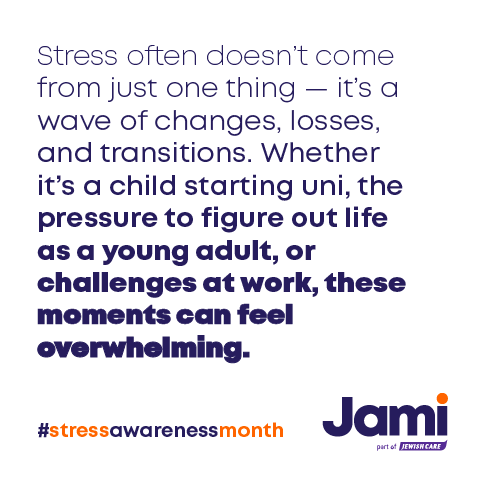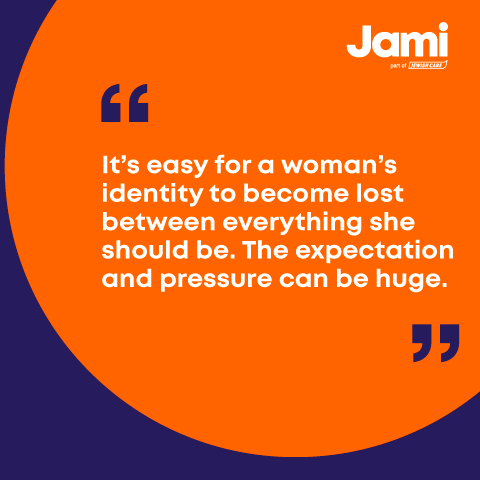
When Freda Kaplan’s parents passed away in Israel, leaving money from their estate that had to be kept in the UK, Freda and her siblings knew exactly who to give it to. “We felt Jami was a charity they would have been pleased and proud to support and thought it was the best place for their money to go,” she says. “They knew people in their lives with mental illness. I remember my mum having an hour-long conversation with one particular lady every week. I saw how much empathy my parents had towards everyone and how it made all kinds of people feel comfortable in their home. They were the sort of people who did, rather than just talked about doing. In Israel, Dad was the first person to give money at shul. But my parents were quiet and unassuming. So it also seemed fitting that their money should go to a charity that seems to receive less of the limelight too.”
Seeing Jami’s services in action
Freda and her family made Aliyah in 1978. Her mum grew up in London; her dad in Leeds. And Freda spent from 2011–2018 as Rebbetzin of Hampstead Garden Suburb synagogue. “When my family arrived in England to take up office, we made ourselves familiar with all the charities so that we could be a conduit for many of our congregants requiring different support,” she explains. “Many of them used Jami’s services and I still remember visiting the centre that was in Golders Green at that time. I saw how Jami’s incredible support gave people a sense of stability when they were struggling with their mental health and the opportunity to see the light.”
Raising funds for mental health
But Freda, her brother, Simon, and her sister, Rachel, felt Jami was a worthy recipient for other reasons too. She explains: “There are many causes in the Jewish community, such as vulnerable children and cancer, that are easy for people to connect with. When it comes to mental illness, I think that’s less so. While mental illness is a very difficult condition to live with, it can also be difficult to openly admit you have it. And because people don’t always talk about their struggles, this makes fundraising for Jami even more of a challenge.”
Although Freda now believes that the situation is changing and that the importance of good mental health is starting to get the attention it deserves, she feels it has been a long time coming and hasn’t been easy. “I think mental illness deserves all the support we can give it and I think it falls to all of us to bring in the money on Jami’s behalf.” We just hope that many more people feel the same way.


